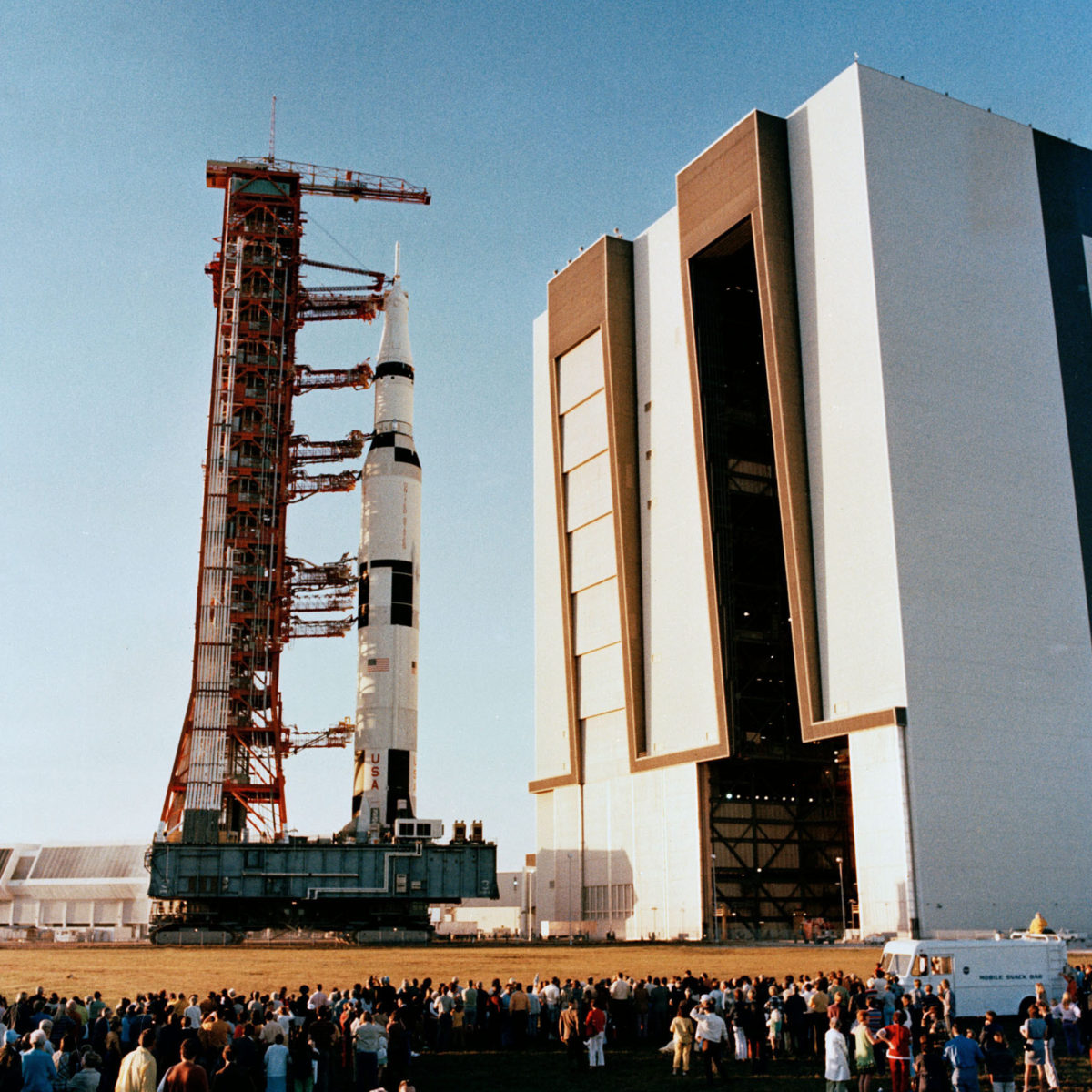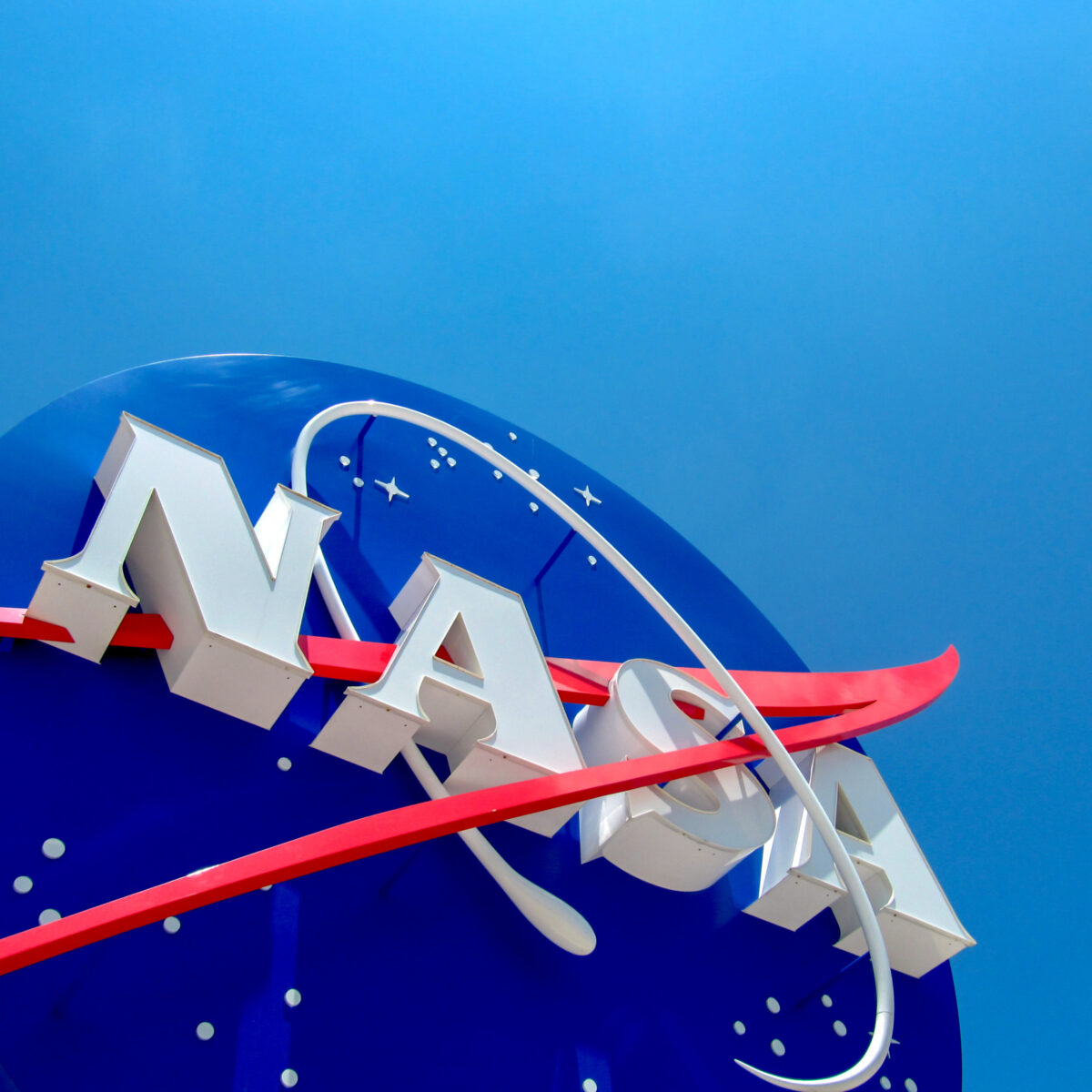Policy is the prime mover of space exploration. It sets in motion government resources, defines regulatory requirements, and releases funds from national treasures. Good policy is, therefore, critical for success in space.
The Planetary Society participates in the process of developing space policy by providing original analysis, releasing policy recommendations, and generating useful data for public and academic use.
Featured Reports
Space Policy Recommendations for the Second Trump Administration
The Planetary Society believes that by embracing a clear and unwavering commitment to exploration, discovery-based science, and the unique capabilities of public and private space sectors, NASA can help maintain technology leadership, promote an open and inquisitive culture, and enable ongoing economic prosperity. We have a solid foundation from which to work. And by embracing the unique role of NASA and its responsibility to the nation, the path forward will endure for years to come.
The Search for Life as a Guidepost to Scientific Revolution (PDF)
In this submission to the 2023 - 2032 planetary science decadal survey, The Planetary Society argued for the importance of the search for life, not just as an inspiring goal, but as a means to achieve a scientific revolution within biology and medicine. Unlike past revolutions, searching for life presents a clear pathway for success: we know how to do it, and we know where to look.
Datasets
The Planetary Exploration Budget Dataset
The cost per mission, per year, for every robotic planetary exploration effort in NASA's history.
Project Apollo Historical Cost Dataset
A rich data set tracking the costs of Project Apollo, free for public use. Includes unprecedented program-by-program cost breakdowns, facilities construction, salaries, and related programs.
How Much Did it Cost to Create the Space Shuttle?
Between 1972 and 1982, NASA spent approximately $10.6 billion to develop the space shuttle and its related facilities.
Your Guide to NASA's Budget
How big is NASA's budget right now? What was it like in the past? How does it compare to the rest of government spending? These answers, as well as charts, raw data, and original sourcing, are contained within.
Latest Articles and Analysis
Planetary Society CEO Bill Nye to Attend the State of the Union Address
When a congressman and current nominee for NASA Administrator asks you to be his guest at the state of the union address in Washington, D.C., how do you respond? For us, the answer was easy. Yes, Bill would be there.
What changed with space directive #1?
President Trump signed Space Directive #1, formally implementing as policy what Vice President Pence had announced at the first meeting of the National Space Council in October: that NASA will focus its human spaceflight efforts on a return to the Moon, and then onto Mars. What really changed?
Congress rejects graduate student tax
The Planetary Society was proud to join dozens of other scientific organizations in standing against this unnecessary and detrimental tax increase on the future scientific workforce of the United States.
After Cassini, What’s Next for the Outer Planets?
The Planetary Society likes to look ahead, and in that spirit we organized a reception at the Library of Congress to bring scientists, legislators, and their staff together to honor Cassini and get excited about our future in the outer planets.
Planetary Radio: Space Policy Edition
The Planetary Society's Chief Advocate, Casey Dreier, hosts this monthly podcast that engages the world's experts in space policy and history to share the behind-the-scenes stories of how space exploration actually happens. Available on major podcast providers, learn how to subscribe.
Dr. Erika Nesvold, astrophysicist and author of the new book Off-Earth: Ethical Questions and Quandaries for Living in Outer Space explores the ethical challenges facing our species as it dips its toe into living beyond our home planet.
How We Work: Space Policy & Advocacy
Space exploration doesn't just happen—it requires a vigilant and educated public to demand support for this unique program. Be one of them. We'll show you how.
Space Agencies
A look at some of the agencies that make space science and exploration possible.


 Explore Worlds
Explore Worlds Find Life
Find Life Defend Earth
Defend Earth












